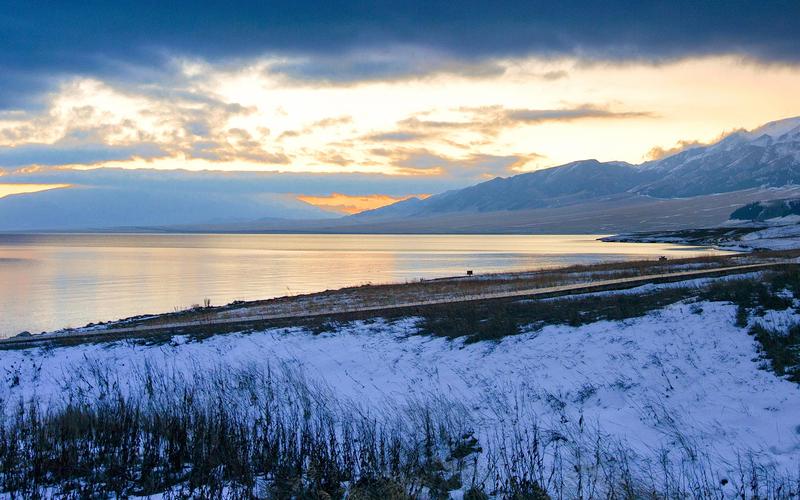Exploring the Intersection of Cultural Values and Landscape: A Journey Through Time and Space
Cultural values are an integral part of shaping the various aspects of a society, including its landscape. The cultural influences on the environment evident in contemporary times are a result of centuries of historical and social evolution. The intersection of cultural values and landscape is a fascinating topic worth exploring. This article delves into this subject by presenting its evolution over time and space.
The Evolution of Cultural Values and Landscape
Cultural values have played an important role in shaping landscapes. For example, the Greeks’ emphasis on beauty resulted in the construction of extensive gardens that celebrated the natural world. Similarly, the Chinese believed that an environment filled with harmony and balance was conducive to inner peace. They thus constructed gardens that reflected this belief, blending classical principles of proportion, scale, and symbolism with nature.
As civilizations grew, the integration of cultural values and landscape resulted in the construction of monuments that served as a symbol of social and political power. Examples of this include the pyramids in Egypt, the Colosseum in Rome, and the Taj Mahal in India.
In contemporary times, cultural values continue to influence the landscapes around us. The modernist movement, for instance, emphasized the importance of functionality and simplicity. This movement led to changes in architecture and city planning, resulting in massive housing projects and the dominance of concrete structures in urban areas. On the other hand, the ecological movement places emphasis on environmental sustainability. As a result, the use of green spaces in urban areas has increased while efforts to conserve and protect endangered species are on the rise.
The Influence of Cultural Diversity on Landscapes
Cultural diversity has a significant impact on landscapes. Different cultures have different ways of perceiving and interacting with the environment around them. For example, Native Americans view the land as sacred, and their cultural practices reflect this ethos. They practice sustainable agriculture and are more likely to conserve their natural resources. Similarly, the Maori people in New Zealand view the landscape as an ancestor to be protected and revered.
In contrast, Western cultures often view the natural environment as something to be dominated and controlled. This perspective has resulted in massive urbanization, increased land use, and the destruction of natural habitats.
The Significance of Cultural Values in Landscape Architecture
Landscape architects play an essential role in integrating cultural values into the design and construction of outdoor spaces. They work closely with clients to understand their cultural values, which determine how a space is used and perceived by the people who occupy it.
For example, landscape architects designing a public park in a neighborhood with a high concentration of immigrant families may incorporate elements of their cultural heritage into the design, such as traditional plants or water features. This approach creates a sense of shared identity and social cohesion, which is essential in creating a harmonious society.
Conclusion
Cultural values shape our landscapes in profound ways. The intersection of cultural values and landscape has undergone significant transformation throughout history, from the construction of monuments to the development of green urban spaces. Cultural diversity has played an instrumental role in shaping our landscapes, and it is crucial for landscape architects to integrate this diversity into their designs. By doing so, they can create outdoor spaces that reflect the cultural values of the communities they serve.
(Note: Do you have knowledge or insights to share? Unlock new opportunities and expand your reach by joining our authors team. Click Registration to join us and share your expertise with our readers.)
Speech tips:
Please note that any statements involving politics will not be approved.
